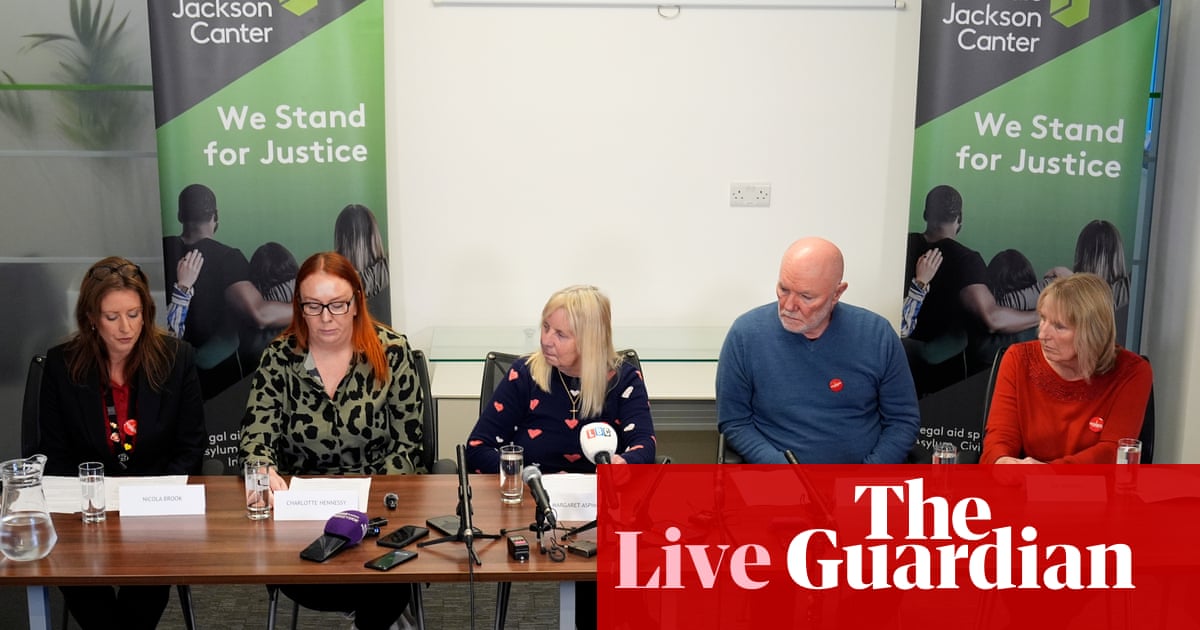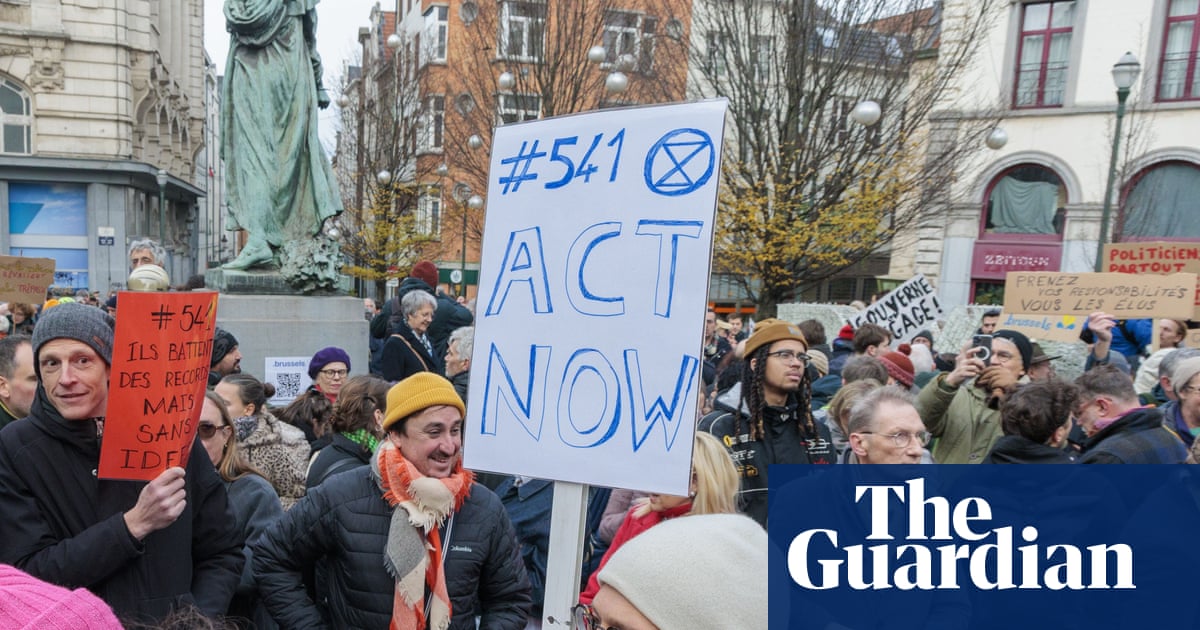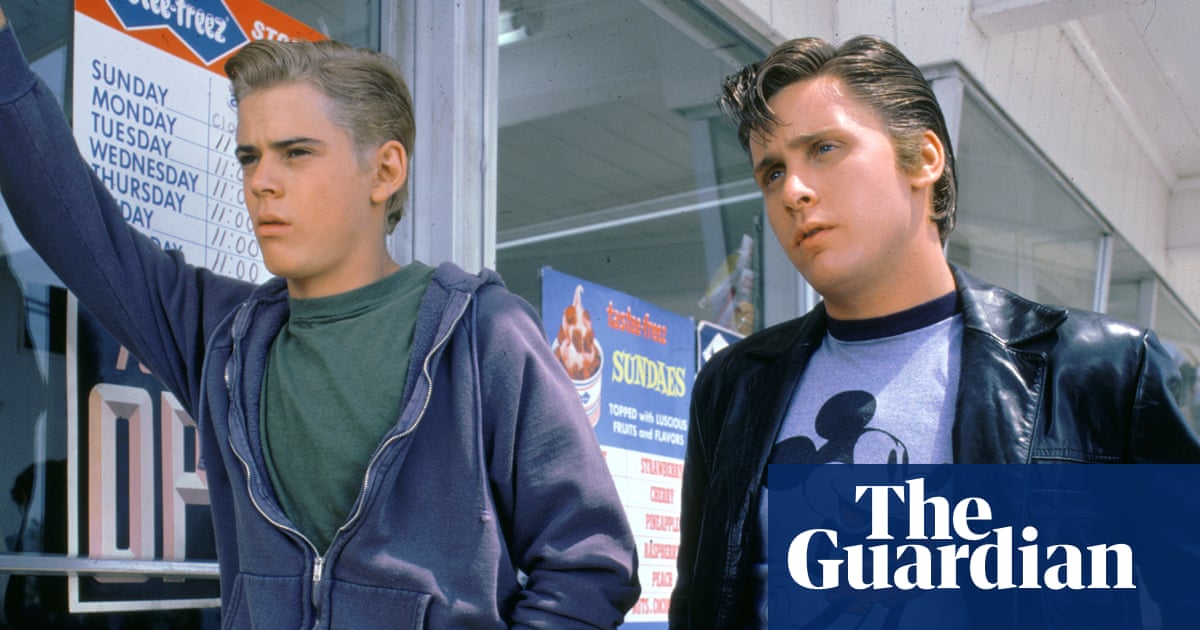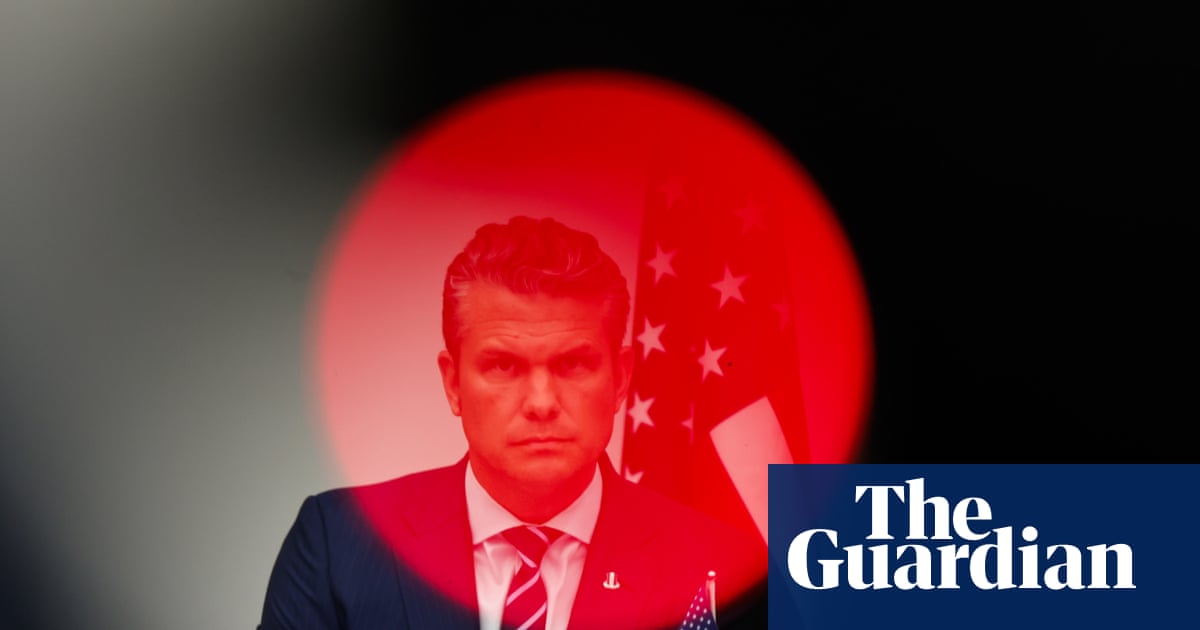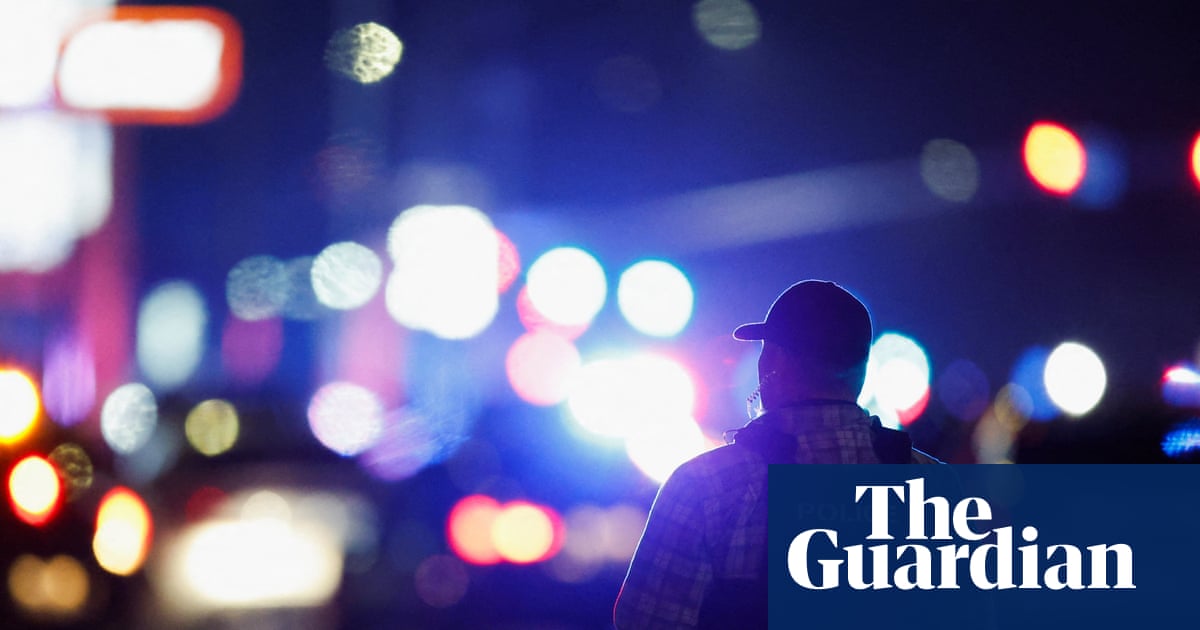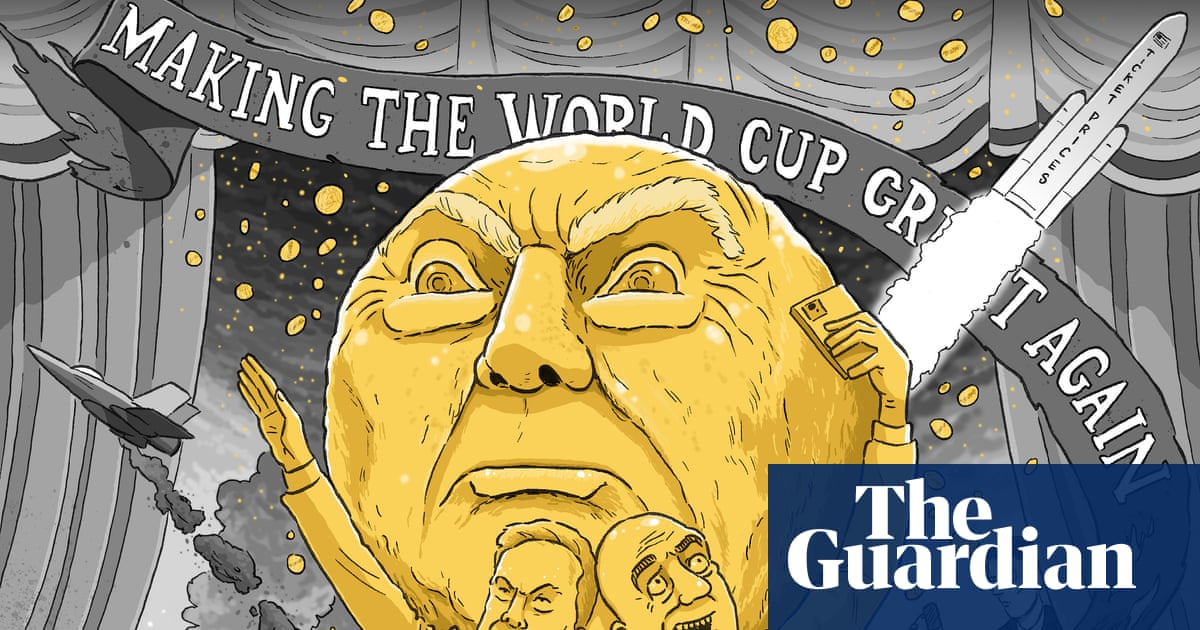Since Donald Trump returned to office, I have noticed a phenomenon at my high school that I call the “new chill girl”. A group of kids is talking casually about something. Seemingly out of the blue, one of the boys makes an off-handed joke. Maybe it’s racist or sexist or homophobic, but whatever the poison, they inject it and the group dynamic shifts ever so slightly. As a general rule, the boys continue as usual while the girls – who tend to be more politically progressive – face a choice: they can speak up, which usually results in them getting the reputation as annoying and unable to take a joke, or they can let it pass and be regarded as a chill girl who isn’t angry or woke. Since November 2024, the latter reaction has become far more common.
This kind of fearful silence is becoming more common outside of high schools, too. In December of 2024, Disney removed a transgender character from a new series. This April, the New York Times reported that a new Trump administration regulation bars government employees from adding pronouns to their email bios. Two days after that, Gannet, one of the US’s largest newspaper chains, cited Trump’s opposition to Diversity, Equity and Inclusion when announcing that it would no longer publish statistics on employee diversity.
This cultural shift promotes nostalgia for an earlier time, before the birth of DEI, when women wore aprons and let their husbands earn the money. As of August, “trad wife” influencer Hannah Neeleman, better known as Ballerina Farm, has amassed 10 million followers on Instagram alone. Her videos of kneading sourdough and raising her eight kids mark a return to the ideal of women as homemakers. Last November, she appeared on the cover of Evie, a conservative magazine that openly praises Trump.
This trickles down to us. In the Trump era, left-leaning teenage girls feel less comfortable expressing political views that could be derided as “woke”. This isn’t because most of them are becoming rightwing: last November, 58% of women ages 18-30 voted for Kamala Harris. It’s because the political atmosphere has changed and progressive-minded girls now feel more afraid of the consequences of speaking their minds.
The girls I talked to say it’s riskier to be outspokenly blue. A high school girl reported that boys “are becoming more emboldened, more confident to make these [bigoted] jokes”. Another said that since Trump took office, casual racism and sexism has become common: “We see [the behavior] more and it’s happening to us.” Young women feel social pressure to remain passive in the face of offensive remarks. Your guy friends “will think you’re attacking them”, one girl said, adding that “it’s not worth it” to speak out against every incident. You need to “pick your battles”.
A third girl added that the desire to not be known as one of those “super woke” girls is enough to make someone clamp their lips, knowing that if the girl objects, “there is no chance [boys] will ever take you seriously again.” These opinions are harsh, but they’re true. Pew Research Center reports that as of March, 45% of girls ages 13-17 feel “a great deal” of pressure to fit in socially, and as cultural conservatism grows, that changes what fitting in means. Even in comparatively liberal spaces, like my high school, girls who wince at locker room talk risk exclusion. No one wants to hang out with the stickler, so no one wants to become her. And therefore, juvenile illiberalism lives on.
Trump has damaged our country in many blatant ways, but what I’m seeing is more subtle. Tectonic shifts don’t always make it to CNN. The cultural effects of this openly racist and sexist government on young people may skew gender relations as we enter the workforce, enabling sexual assault and discrimination and keeping women from positions of power. The divide between young women and young men is growing massively, with no end in sight. Trump is distorting American society, and I fear distorting us.
-
Naomi Beinart is a high school student

.png) 2 months ago
54
2 months ago
54
